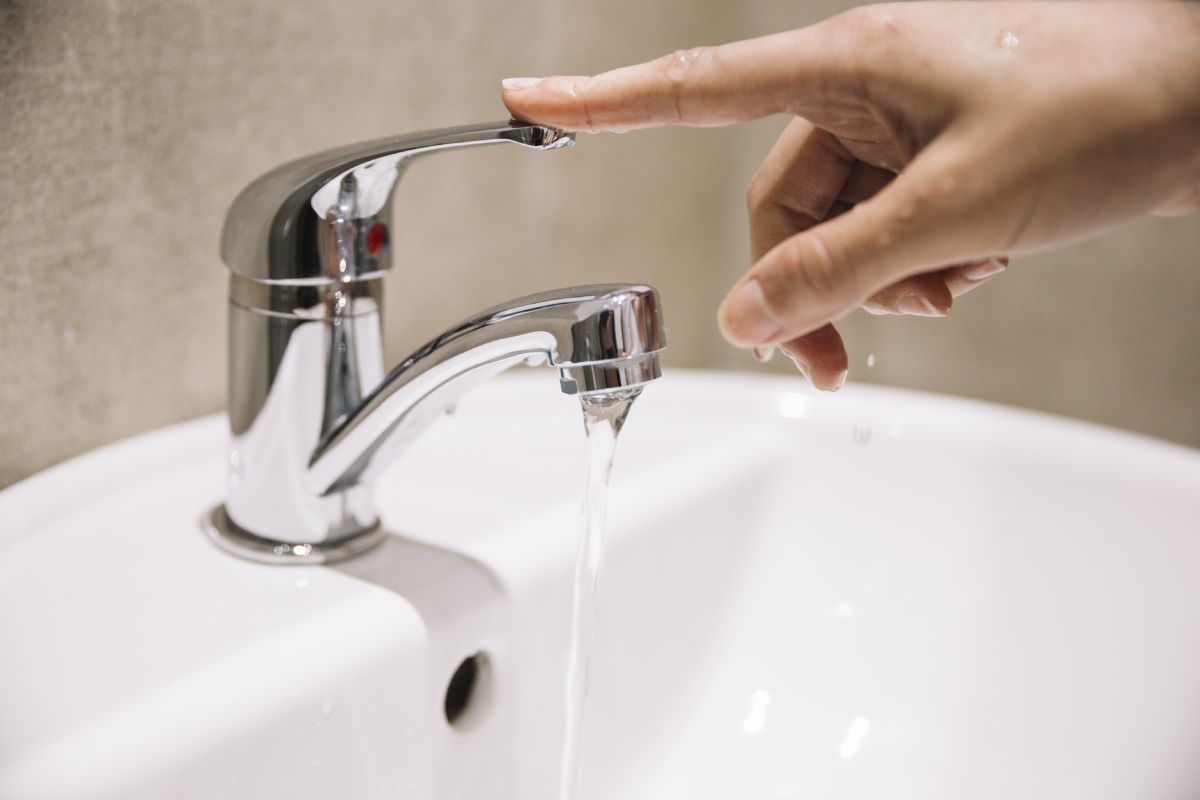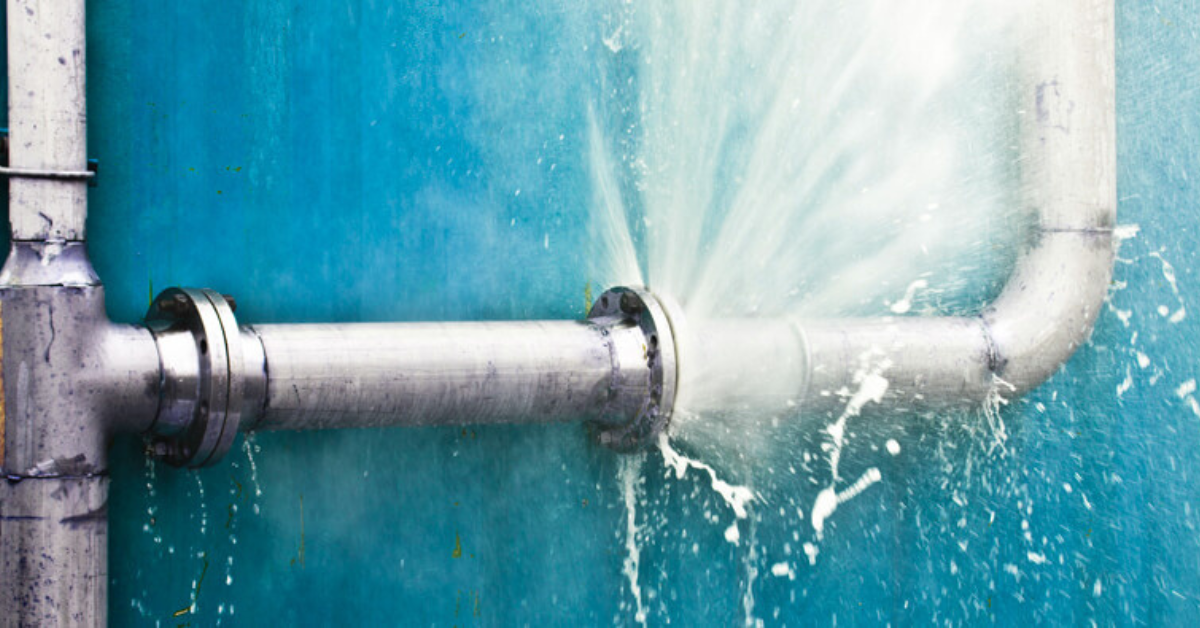Helpful Fixes for Handling Low Water Pressure in Your Home
Helpful Fixes for Handling Low Water Pressure in Your Home
Blog Article
Just how do you actually feel with regards to 4 Ways to Troubleshoot Low Water Pressure?

Low water pressure in your house can be an irritating trouble, impacting everything from showering to cleaning recipes. If you're experiencing weak water circulation, there are numerous possible causes and remedies to explore. In this overview, we'll go over typical factors for low tide stress and useful actions to attend to the problem efficiently.
Introduction to Low Water Stress
Low tide pressure takes place when the circulation of water from your faucets, showers, and various other components is weak than typical. This can make daily jobs much more tough and less efficient. Comprehending the causes of low tide pressure is essential to discovering the ideal option.
Usual Sources Of Low Tide Stress
Faulty Pressure Regulators
Pressure regulators are responsible for preserving regular water pressure in your house. If they malfunction, it can cause low water stress or unequal circulation throughout your house.
Municipal Water Issues
Often, the problem lies outside your home. Metropolitan water supply issues, such as main line leakages or upkeep work, can briefly reduce water stress in your area.
Pipeline Obstructions
Gradually, pipelines can come to be obstructed with mineral deposits, sediment, or debris, limiting the circulation of water. This is an usual concern in older homes with galvanized steel pipelines.
Deterioration
Corrosion within pipelines can bring about leakages and decreased water pressure. Corrosion buildup can restrict water flow, particularly in aging plumbing systems.
Just How to Detect Low Tide Pressure
Evaluating Pipes
Check noticeable pipes for signs of leakages, rust, or obstructions. Pay attention to any unusual audios, such as banging or rattling pipes, which can show issues within the plumbing system.
Consulting with a Plumber
If you're not able to identify the reason for low water pressure, consider working with an expert plumber to carry out a comprehensive evaluation. They can recognize underlying concerns and advise appropriate services.
Checking Faucets and Fixtures
Beginning by testing the water pressure at different taps and fixtures throughout your home. If the problem is isolated to specific areas, it might indicate local troubles.
DIY Solutions to Repair Low Water Pressure
Flushing Hot Water Heater
Debris accumulation in the water heater can limit flow and decrease performance. Purging the container periodically aids eliminate debris and maintain optimal efficiency.
Examining Pressure Regulatory Authority
Ensure that the pressure regulator is operating properly. Adjusting or replacing the regulatory authority can assist recover correct water stress throughout your home.
Cleansing Aerators and Showerheads
Natural resources can gather in aerators and showerheads, lowering water circulation. Remove and cleanse these components routinely to enhance water pressure.
Clearing Clogs in Pipeline
For minor clogs, attempt using a plumbing snake or chemical drainpipe cleaner to clear obstructions in pipes. Beware when using chemicals and comply with safety standards.
When to Call an Expert Plumber
If do it yourself initiatives stop working to fix the concern or if you suspect substantial plumbing problems, it's finest to seek aid from a certified plumber. They have the know-how and tools to address intricate problems securely and effectively.
Preventive Measures to Preserve Water Stress
Mounting a Pressure Booster
Think about mounting a pressure booster pump to boost water stress in areas with constantly low circulation. This can be specifically valuable for multi-story homes or properties with high-demand components.
Surveillance Water Use
Bear in mind water usage routines and prevent overtaxing the plumbing system. Straightforward changes, such as incredible showers and washing tons, can assist preserve ample water stress.
Normal Upkeep
Set up routine upkeep for your plumbing system to avoid issues such as corrosion, leaks, and obstructions. Attending to minor troubles early can assist avoid more substantial repair work in the future.
Conclusion
Taking care of low tide pressure can be frustrating, yet determining the underlying reasons and implementing suitable remedies can bring back optimum circulation throughout your home. Whether it's cleaning up aerators, inspecting pipelines, or seeking advice from a plumber, taking positive actions can guarantee a stable supply of water for your daily requirements.
How to Fix Low Water Pressure In Your Home
Municipal Water Supply Issues
Scheduled maintenance, high demand, and water main breaks are all potential causes for low water pressure within a city or county’s water lines. While there’s not much you can do to personally fix a problem with your city or county’s water supply system, you can play a big role in documenting the issue and alerting those who can.
How to fix it:
Ask your neighbors if they are experiencing any issues with low water pressure. If multiple homes are affected, it’s likely related to the city’s water line. Contact the local Water Authority to see if there is any maintenance taking place that might be affecting your supply. Also let them know of your specific issues. If other homeowners report the same issues, they’ll know that there could be a larger issue to look into. Faulty Fixtures
A damaged or clogged shower head, faucet or appliance is the first thing we’d suggest checking, especially if low water pressure appears to be isolated to a specific area of your home.
How to fix it:
First, turn off the main water supply to your home. Check the affected appliances for build-up or debris. In the case of a faucet, you can simply unscrew the aerator at the tip of the faucet. Showerheads should be fully detached from the water pipe. While the appliances are detached, you may want to check the water supply to determine if the fixtures were in fact the issue. To clean, soak the showerhead or aerator in vinegar and brush off any visible debris. Reattach the fixtures and check the water pressure again. If it is still low, there is likely a deeper issue at hand, which can be determined by a professional plumber. Pipe Obstructions
Mineral deposits, rust or other debris within water pipes can lead to blockages or corrosion over time.
How to fix it:
When you think of a clog, you probably think of a drain clog. While there are many DIY solutions to clearing a drain, clogs in a water pipe will almost always require the help of a professional plumber. A plumber will be able to locate the affected pipe and clean out any debris or mineral deposit buildup. In severe cases, the pipe may need to be replaced. Your plumber might also recommend a water softening system to remove the minerals from your home’s water supply that can contribute to pipe blockages over time.
Plumbing Leak
Undetected water line leaks can divert water away from your residential pipes, reducing the water pressure in your fixtures.
How to fix it:
Check your water meter by turning off all water sources and monitoring the meter for any movement, which could be a clear indicator of a potential leak. Check all visible pipes for signs of leaking, including water stains, active dripping or damp spots around the pipe. Inspect fixtures, including faucets and showerheads, for any drips. Test the pressure but recording the pressure with the main water valve shut off. Leave off for a few hours and test again. A significant drop in pressure is a clear sign of a leak. https://kiddcoplumbing.com/plumbing-blog/how-to-fix-low-water-pressure/

Do you like reading up on 9 Reasons for Low Water Pressure in Your House? Try leaving a remark down below. We would be glad to know your responses about this piece. We are looking forward to see you back again soon. Enjoyed our review? Please quickly share it. Let somebody else find it. We treasure reading our article about .
Click Here Report this page